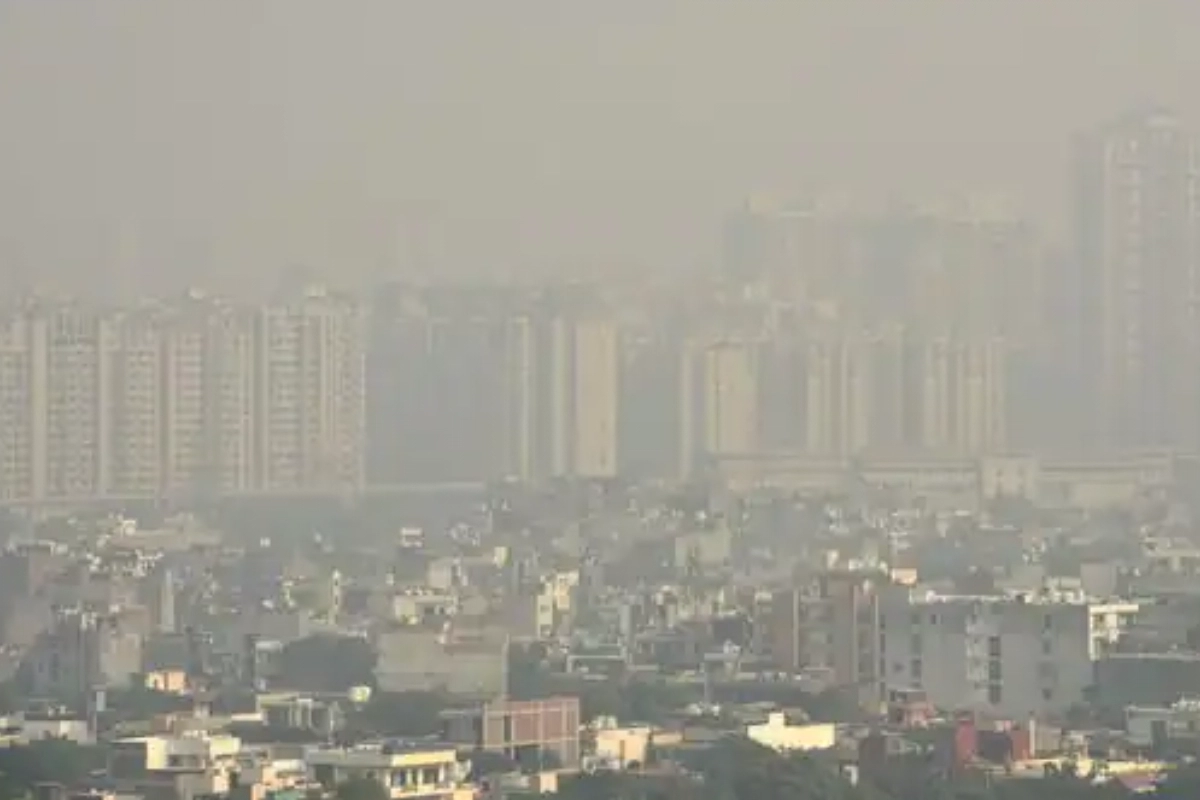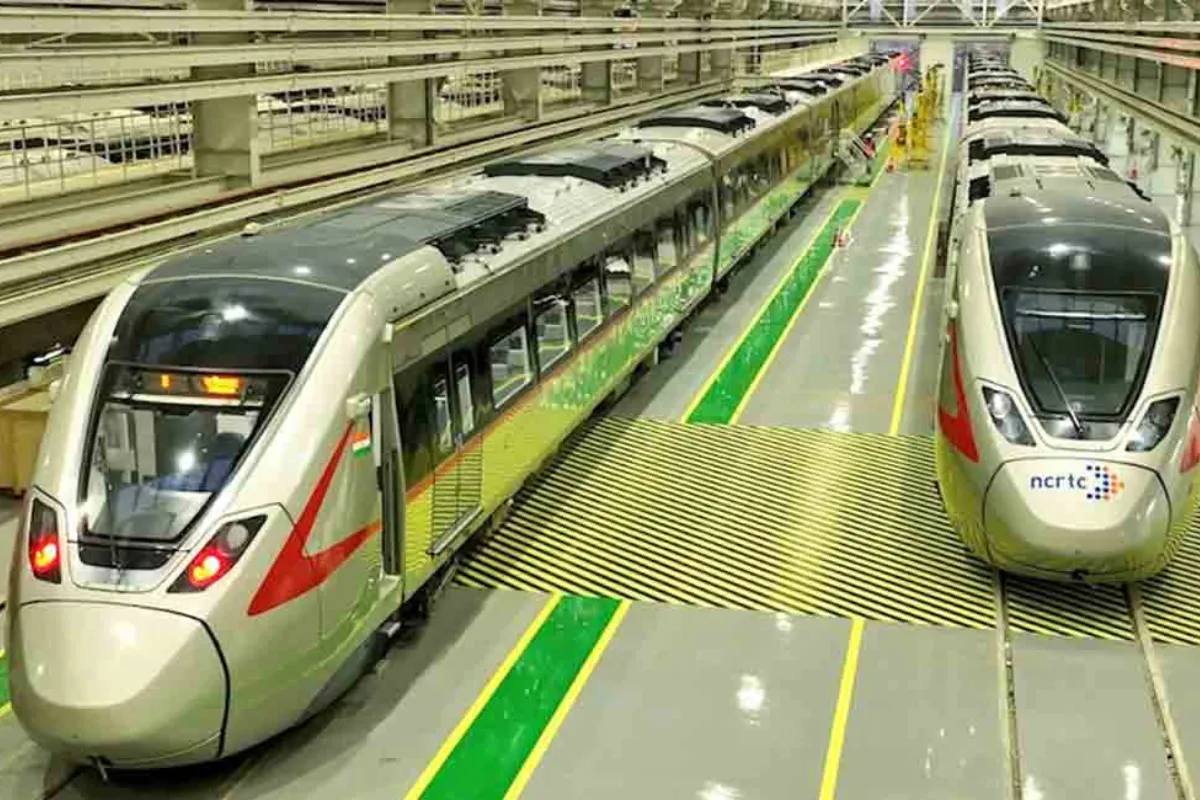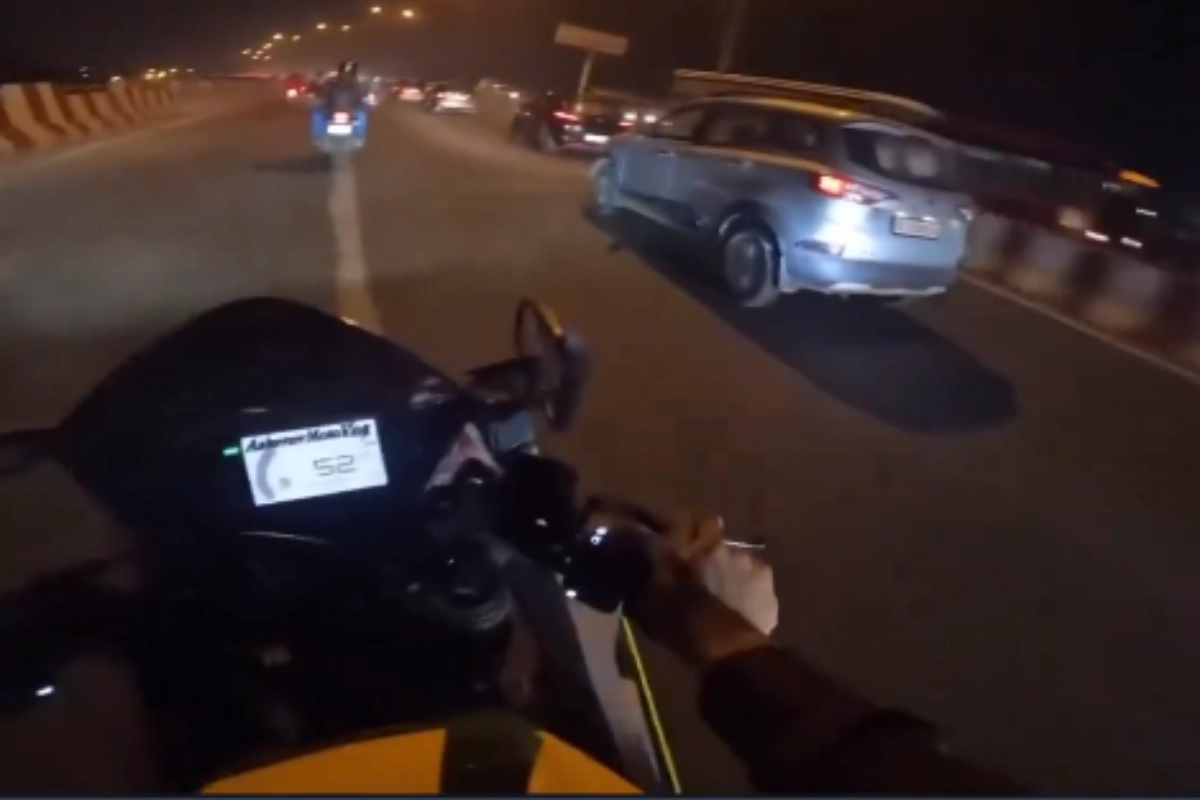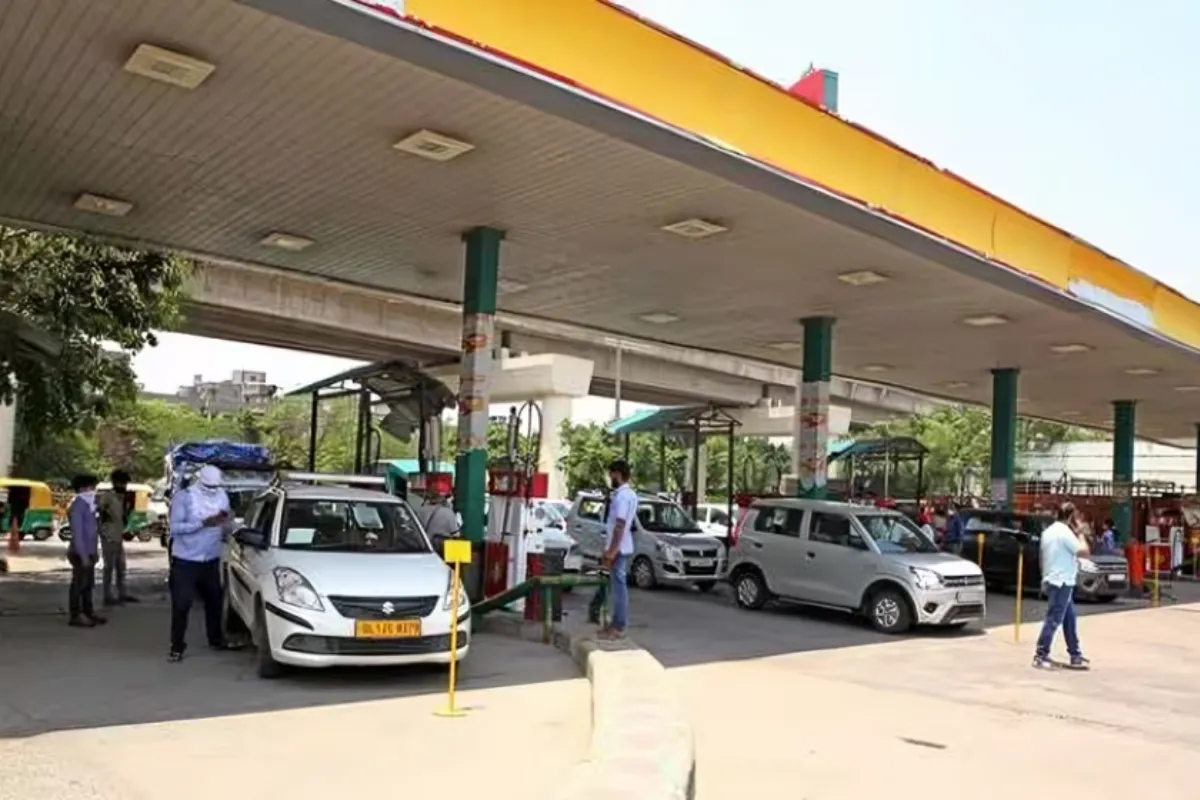Delhi NCR: On Saturday, Delhi’s air quality remained “extremely poor,” according to the WHO. Delhi’s 24-hour average AQI this morning was 369, according to SAFAR statistics.
An AQI of 201 to 300 is regarded as “poor,” 301 to 400 as “extremely poor,” and 401 to 500 as “severe.”
The implementation of curbs under stage III of the Graded Response Action Plan (GRAP) in Delhi-NCR, including a ban on unnecessary construction and demolition activities, was ordered by the Centre’s air quality panel on Friday.
This occurred on Friday, when Delhi’s 24-hour average air quality index (AQI) was 399.
Will the Delhi government outlaw BS-III petrol and BS-IV diesel vehicles?
The Delhi government would decide on Saturday whether to impose a ban on the plying of BS-III petrol and BS-IV diesel four-wheelers in the national capital, according to a senior Transport Department official. This announcement came shortly after the subcommittee on the GRAP directed authorities in Delhi-NCR to implement curbs under Stage III.
The subcommittee observed that due to calm winds and steady atmospheric conditions, the Air Quality Index (AQI) is likely to move into the “severe” category during a review meeting.
On Saturday, an official from the Transport Department stated, “We will review whether a ban (on plying of BS-III petrol and BS-IV diesel four-wheelers in Delhi) needs to be imposed on Saturday.”
According to the severity of the situation, the capital and its surroundings implement GRAP, a set of anti-air pollution measures.
Four different stages are used to categorise the air quality in Delhi-NCR: Stage I, “Poor,” (AQI 201-300); Stage II, “Very Poor,” (AQI 301-400); Stage III, “Severe,” (AQI 401-450); and Stage IV, “Severe Plus,” (AQI>450).
Also Read: Delhi: Ashram flyover Delhi to be closed from Jan 1, affecting traffic: Police
Restrictive steps under Stage III
Restrictive steps under Stage III must be invoked at least three days before the AQI is predicted to reach the “Severe” level. These include prohibiting all non-necessary building and demolition work, as well as stopping all nearby mining and stone crushing operations.
Plumbing, woodworking, interior design, and electrical work are examples of non-polluting occupations that are permitted.
The second level, called “Severe Plus,” entails actions like preventing trucks from entering Delhi, enabling 50% of employees in public, municipal, and commercial offices to work from home, closing educational institutions, and operating cars on an odd-even schedule, among other things.
Keep watching our YouTube Channel ‘DNP INDIA’. Also, please subscribe and follow us on FACEBOOK, INSTAGRAM, and TWITTER












